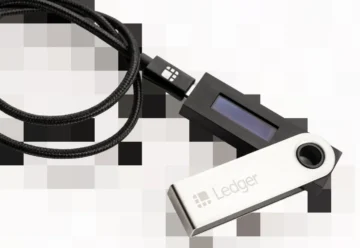Australia Imposes Capital Gains Tax on Wrapped Tokens

Australian authorities have tightened the tax regime for local users of decentralized finance (DeFi), introducing capital gains tax (CGT) on wrapped tokens.
The Australian Taxation Office (ATO) has published updated taxation guidance on profits earned by users of decentralized finance (DeFi). Under the new legislation, wrapped tokens have been added to the list of assets subject to capital gains tax (CGT).
According to the new rules, wrapping tokens or unwrapping them into underlying assets, regardless of the value of the digital currency at the time of the transaction, is subject to taxation. The ATO has also clarified several taxable actions in relation to digital assets and the DeFi ecosystem, namely:
- any transfer of crypto-assets to an address that a sender doesn’t control will be treated as a taxable activity;
- any profit received in return for the transfer of crypto-assets will be taxable;
- a user is liable to pay CGT on liquidity transactions;
- no income tax will be charged for lending crypto-assets, which usually applies to securities lending, but a user will be required to pay CGT if the gain from lending is locked in;
- rewards from crypto-assets are taxable in the same way as interest income.
According to Chloe White, Managing Director of Genesis Block and Advisor to Blockchain Australia, the country’s tougher tax regulations could have a negative impact on the financial wellbeing of the younger generation. She accused the ATO of violating the technology neutrality principle and urged local authorities to turn to the practice of successful crypto economies, which don’t burden their citizens with strict tax rules as part of the digital asset market regulation.
The cryptocurrency market in Australia is actively growing, and analysts claim that digital assets can increase the country’s GDP by ~$40 billion per year.











